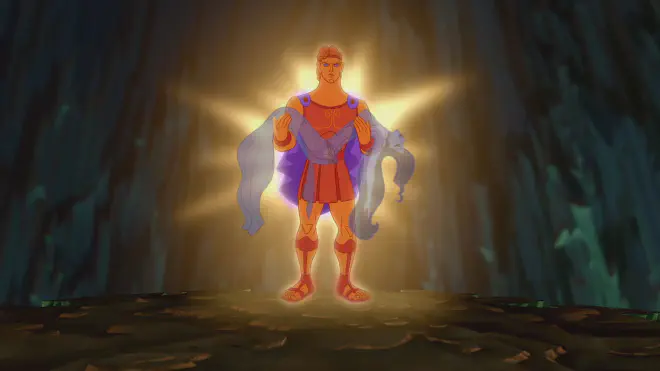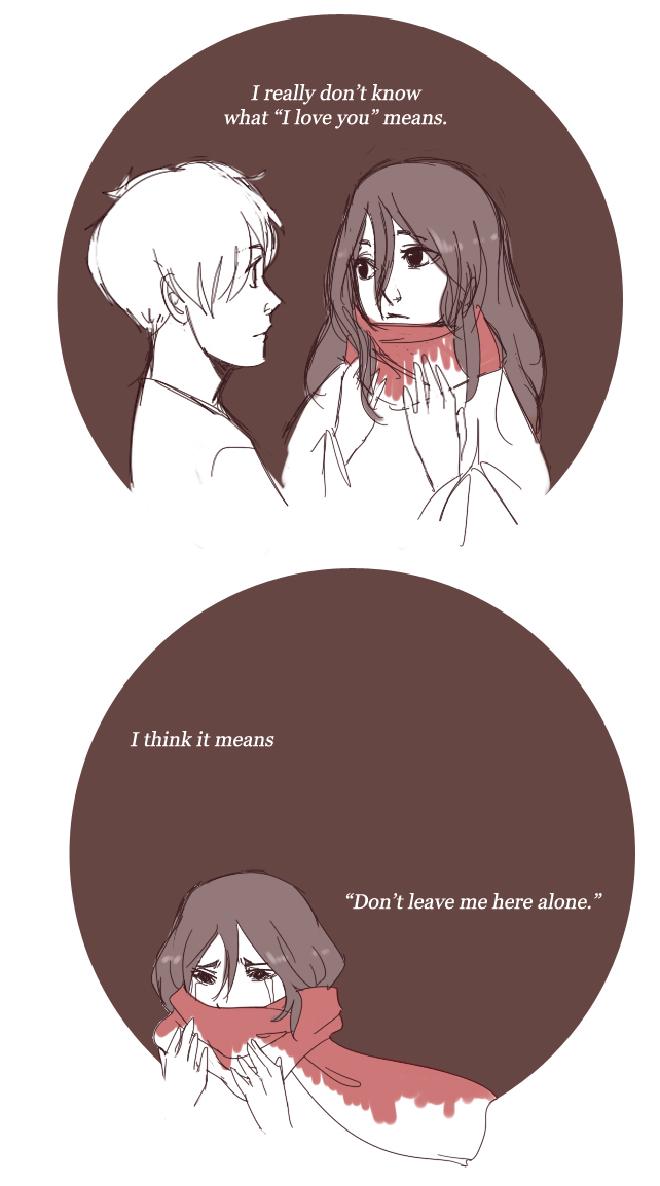Intro #
Neil Gaiman is a role model for me in terms of what a writer can be creatively capable of. He has written much and in this post I wanted to talk about a poem he wrote called Sonnet. Please go and give it a quick read because it’s really short.

Favorite lines #
Girls followed boys to foreign lands #
For love: girls followed boys to foreign lands
I went to Europe and learned French for a girl. I didn’t literally follow her there but in spirit I was inspired by her to do so. My love for the language outstripped our relationship’s lifespan but it’s not something I regret.
“Foreign lands” doesn’t have to be another country either. It can mean any unknown place or subject where the world is completely unknown to us. It could be something as small as taking a new shortcut home through a dark alley because we are with someone that gives us courage and that we trust. Or it’s taking a trip to the southern coast and learning how to surf for an afternoon. It could be reading a book on the politics of the 1940s, a subject thought to be the domain of historians and archivers. Whatever it may be, love can make us follow or lead to where we previously would have seen threat, boredom or darkness.
Wherever you might have gone for love, I am grateful for the inspiration and the opportunity to have made at least one dream of mine manifest itself.
Men have followed women into Hell #
And men have followed women into Hell.
It depends on what you think of as Hell, but this immediately reminds me of the story of Orpheus and Eurydice. Orpheus went to the Underworld in search of his love Eurydice. Here is an excerpt from Wikipedia:
Hades told Orpheus that he could take Eurydice back with him but under one condition: she would have to follow behind him while walking out from the caves of the Underworld, and he could not turn to look at her as they walked.
Only a few feet away from the exit, Orpheus lost his faith and turned to see Eurydice behind him, sending her back to be trapped with Hades forever.
Why did you have to lose faith Orpheus?
Stories like this where someone goes into Hell, or the Underworld, are common and make their way into many of our movies. For example, in the movie Coco, Miguel goes to the Land of the Dead and ends up lifting a ban his family placed on becoming a musician. In this case the love he goes to the Land of the Dead for is his love of music and being allowed to create it.

Another example is in Hercules. This one is a more traditional adventure into the Underworld and resembles Orpheus’ journey except that Hercules is able to recover Meg’s soul and successfully bring her back to the land of the living. Disney is good with happy endings after all.

Don’t leave me here alone #
I really don’t know what “I love you” means.
I think it means “Don’t leave me here alone.”

These are the powerhouse walloping lines of the sonnet for me. They get at such a deep version of a truth that I can’t explain. That reason alone is why the rest of this post won’t make any sense, but I’ll write it anyway.
The poem primarily focuses on romantic love and it’s interesting it was written in 2005 because I feel it is somewhat at odds with the zeitgeist of today, which appears to me to be the age of self-actualization, self-help, self-care, and therapy. An age where the general attitude has shifted towards a “me, me me!” mentality instead of whatever it was before.
I’ve benefited from this shift in some ways, but am I willing to be left alone by those around me? Am I willing to let go of someone I love? I should be willing to let someone go, but I wish I didn’t have to be willing. When I love someone I hope to have the courage to choose them and not leave them alone. I hope they choose me and keep me company.
